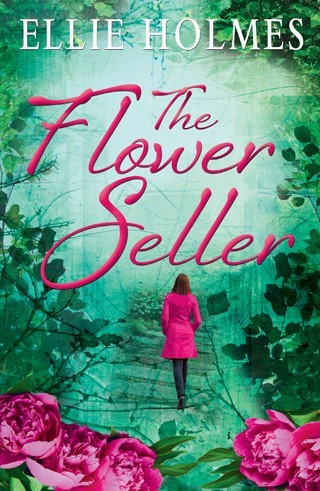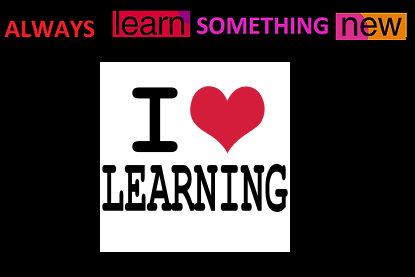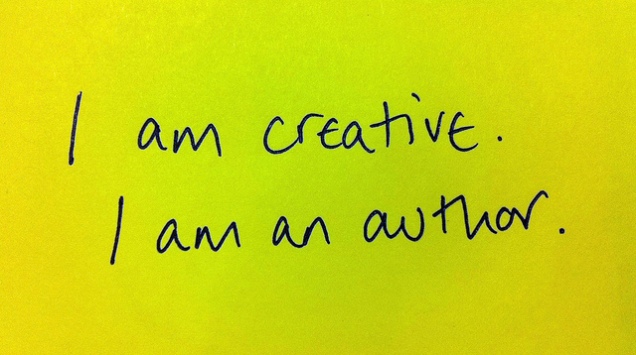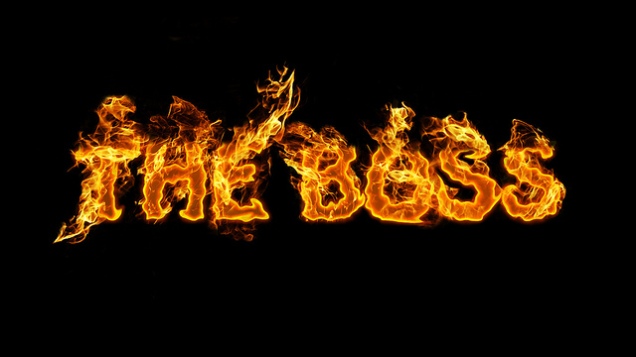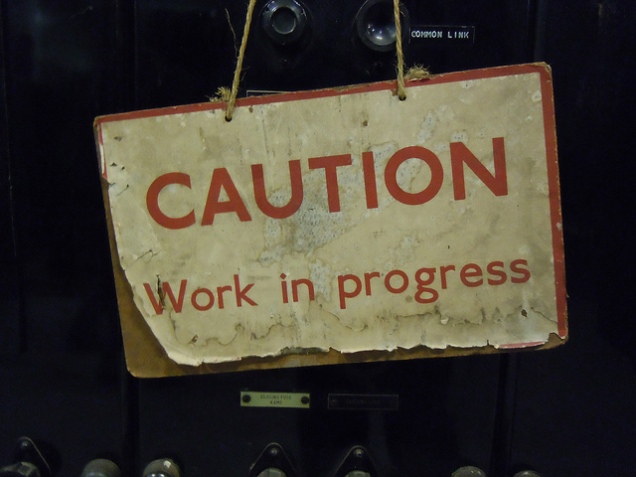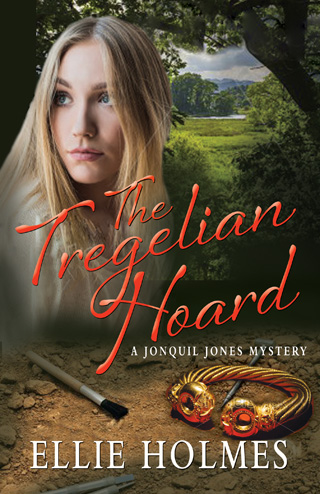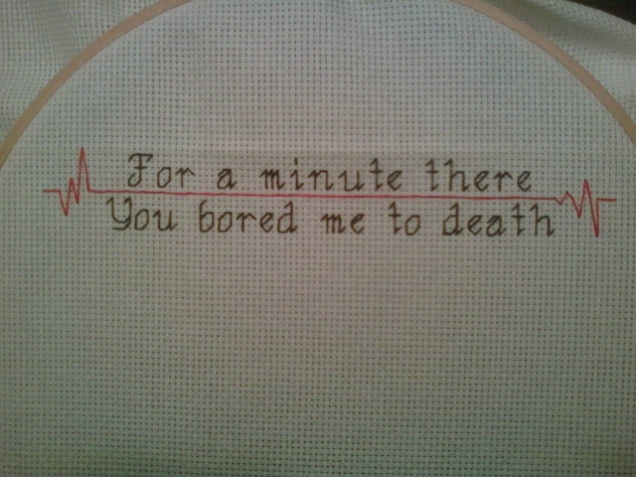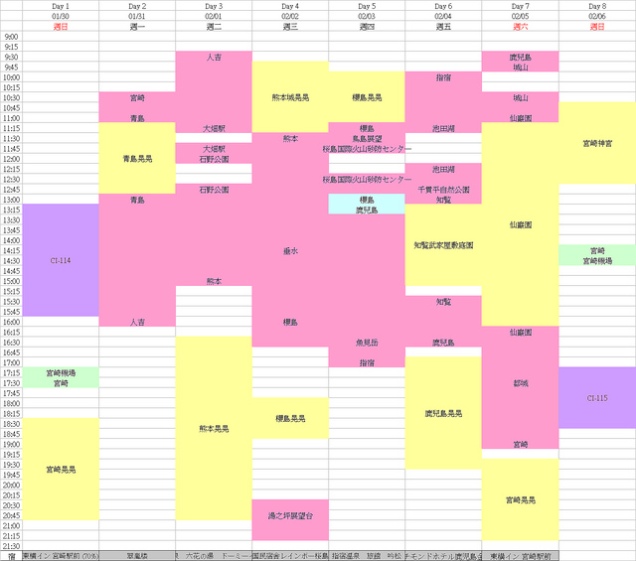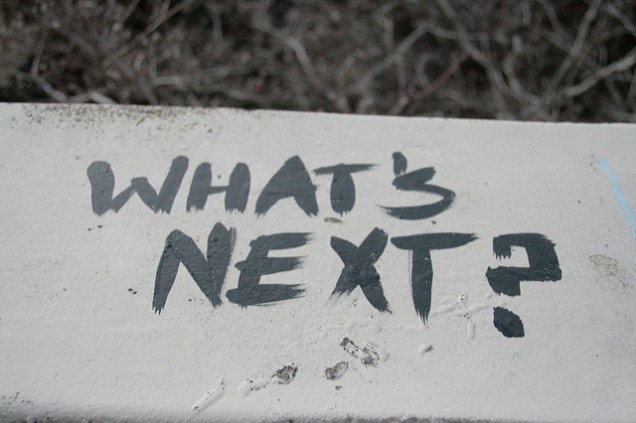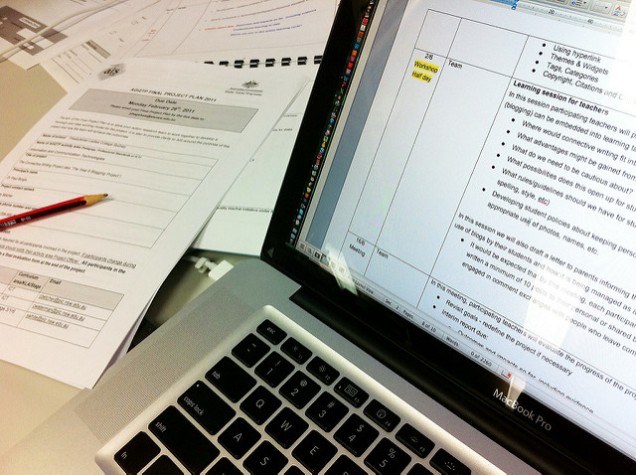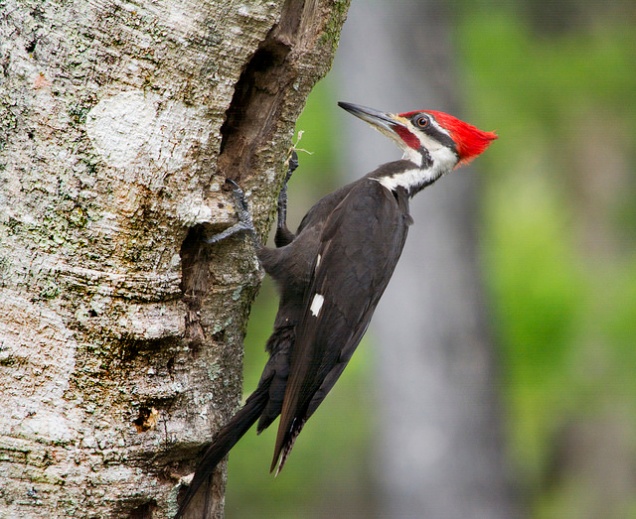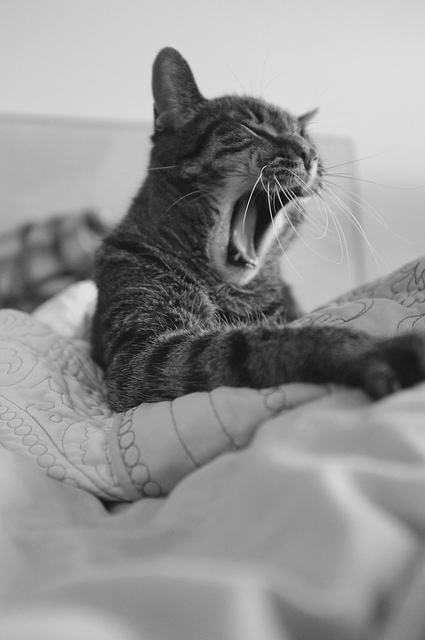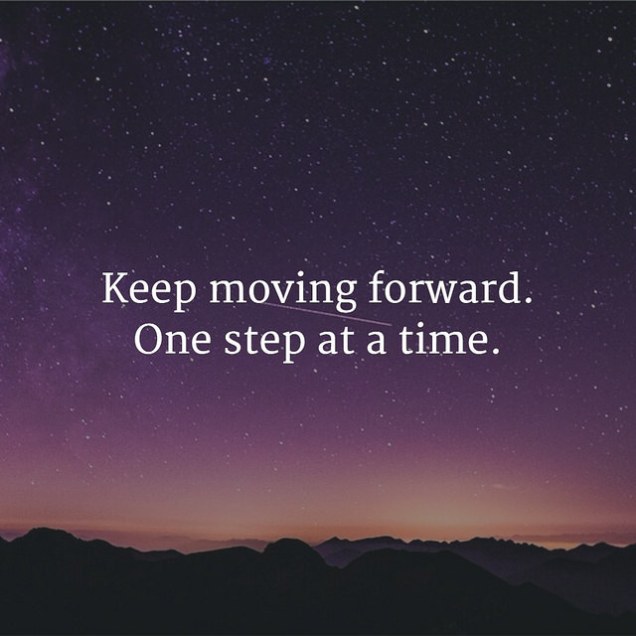I don’t often use my blog to talk about my achievements when it comes to my writing – it’s usually my sounding board when things are going less well!
On this occasion however I have decided to change things up.
My debut novel The Flower Seller was released in June 2016. I worked hard to make The Flower Seller the best version of the book it could possibly be. As an indie author I was keen for my novel to stand out so I put a lot of thought and effort into how the cover would look and engaged a fabulous cover designer to assist. Step forward the wonderful Berni Stevens http://www.bernistevensdesign.com/index.htm
I also made sure I didn’t stint when it came to the story inside the covers – I worked with an editor and a proof reader to make sure the book was as well presented as it could be.
It was at this stage of the process that I became aware of Awesome Indies. If you are unfamiliar with them here is a link to their site http://www.awesomeindies.net/
Their Mission Statement as stated on their site is as follows:-
“Our editors award the Awesome Indies Badge of Approval to indie books that meet mainstream standards of quality. Readers buy our books safe in the knowledge that every one is a professional product. We are the unique voices of quality independent fiction.” Tahlia Newland, founder.
Their approval is the equivalent of a Kite Mark of quality.
Details of how to submit your novel for consideration are given below:-
http://www.awesomeindies.net/for-authors/submissions/
I approached one of the AI Assessors, Debbie Young, to see if she would be willing to read and review The Flower Seller. She kindly agreed and you can read her review here:-
https://debbieyoungsbookblog.com/2016/09/07/the-flower-seller-by-ellie-holmes/
Having received the requisite level of review from Debbie, I was able to formally submit to Awesome Indies and see whether my novel could achieve the necessary second high scoring review.
I am proud to say that The Flower Seller has achieved that and has therefore been granted Awesome Indie Status. You can read the second review here:-
http://www.awesomeindies.net/awesome-indies-approved-the-flower-seller-by-ellie-holmes/
Whilst it is nice to be independent, it is still wonderful to be given the approval of your peers.
And I believe anything that can distinguish good quality, well produced indie books from those that are thrown on to the market with very little thought or care has to be a good thing for all writers and particularly for all readers. Don’t you agree?
